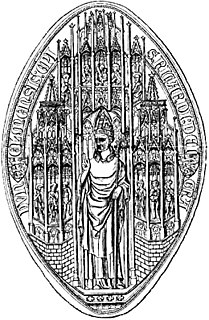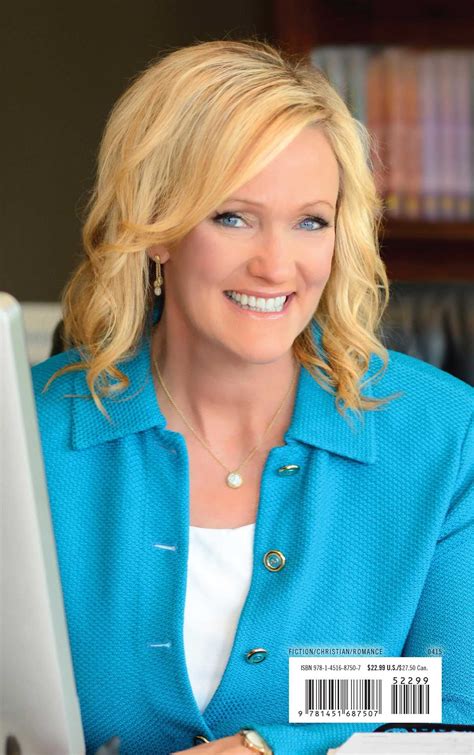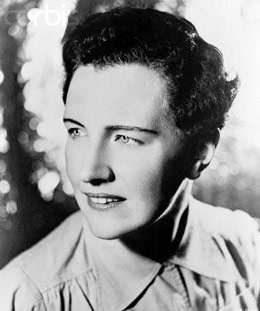A Quote by Henry Wadsworth Longfellow
I love an author the more for having been himself a lover of books.
Related Quotes
Pleasure and pain at once register upon the lover, inasmuch as the desirability of the love object derives, in part, from its lack. To whom is it lacking? To the lover. If we follow the trajectory of eros we consistently find it tracing out this same route: it moves out from the lover toward the beloved, then ricochets back to the lover himself and the hole in him, unnoticed before. Who is the subject of most love poems? Not the beloved. It is that hole.
The library...of wisdom is more precious than all riches, and nothing that can be wished for is worthy to be compared with it. Whosoever therefore acknowledges himself to be a zealous follower of truth, of happiness, of wisdom, of science, or even of faith, must of necessity make himself a lover of books.
I'm very intrigued by e-books, the topic du jour in the industry today. As a number one bestselling Kindle author, I love the way e-books make an author's backlist accessible to new readers. Of course, price point remains a source of concern. Personally, I don't have any of the answers, but I'm intrigued by the questions.
I love bookshelves, and stacks of books, spines, typography, and the feel of pages between my fingertips. I love bookmarks, and old bindings, and stars in margins next to beautiful passages. I love exuberant underlinings that recall to me a swoon of language-love from a long-ago reading, something I hoped to remember. I love book plates, and inscriptions in gifts from loved ones, I love author signatures, and I love books sitting around reminding me of them, being present in my life, being. I love books.
He sees himself in his lover as if in a mirror, not knowing whom he sees, And when they are together, he too is released from pain, and when apart, he longs as he himself is longed for; for reflected in his heart is love's image, which is love's answer. But he calls it, and believes it, not love but friendship.
When longing is most intense separation is complete, and the purpose of separation, which was that Love might experience itself as Lover and Beloved, is fulfilled; and union follows. And when union is attained, the lover knows that he himself was all along the Beloved whom he loved and desired union with; and that all the impossible situations that he overcame were obstacles which he himself had placed in the path to himself. To attain union is so impossibly difficult because it is impossible to become what you already are! Union is nothing other than knowledge of oneself as the Only One.
The importance of the romantic element does not rest upon conjecture. Pleasing testimonies abound. Hannah More traced her earliest impressions of virtue to works of fiction; and Adam Clarke gives a list of tales that won his boyish admiration. Books of entertainment led him to believe in a spiritual world; and he felt sure of having been a coward, but for romances. He declared that he had learned more of his duty to God, his neighbor and himself from Robinson Crusoe than from all the books, except the Bible, that were known to his youth.







































